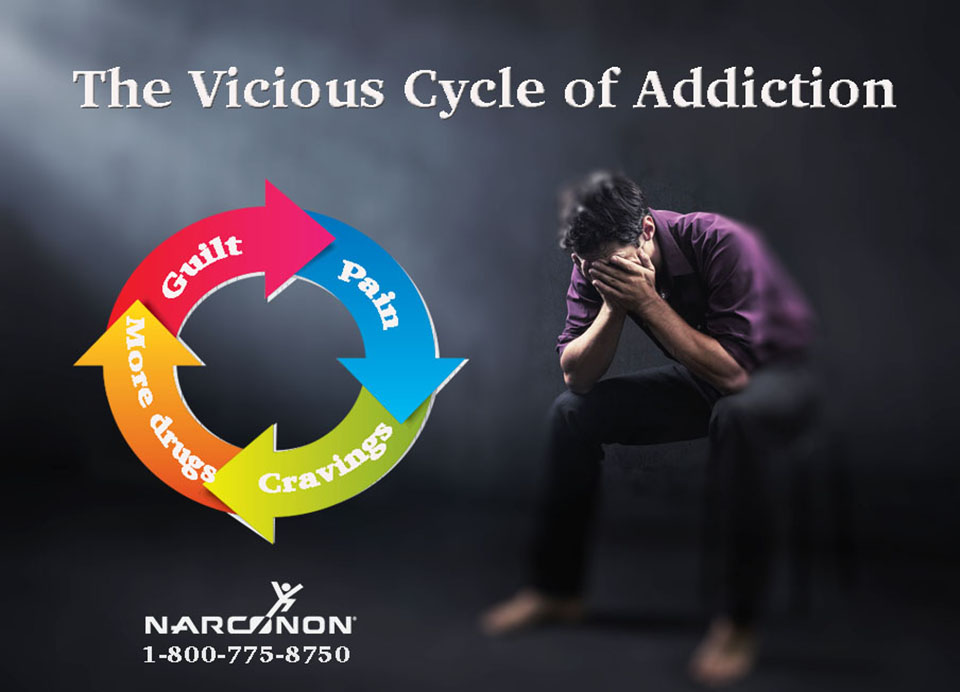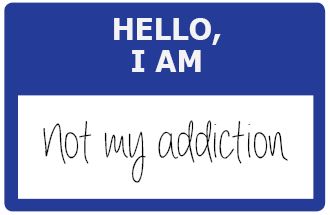The American Society of Addiction Medicine describes addiction as a chronic disease of brain reward and motivation systems. Affected individuals do not have the ability to abstain, control, and recognize problems with one’s behavior.
Risk Factors
Environmental factors influence and individuals genetic risk factors which alone account for roughly half of the probability that someone will become addicted during their life time. This combination effect determines how likely addiction is to manifest in any individual. Although, studies have shown that life experiences such as education from parents can infact minimize risk. Other factors can increase risk such as experiencing a trauma, depression, and damaged social connections.

Current Research
Addictive drugs alter transmission within the brain. These drugs of abuse impact the complex signaling pathways involved with reward learning. Specifically, complex dopamine and glutamate signaling pathways are altered by changes to secondary signaling molecules such Calcium and cAMP.
Protein kinase ability is also decrease which are crucial for the phosphorylation and de-phosphorylation mechanisms necessary for proper synaptic plasticity. These drugs also dysregulate complex dopamine and glutamate signaling networks further affecting synaptic plasticity and function. All of which contributes to the progression of a healthy brain to an addicted state.
Harmful Attitudes Towards Addiction
This disease commonly carries negative stereotypes, misconceptions, and harsh judgement that create barriers to public awareness and treatment for affected individuals. Common beliefs persist in our society such that affected individuals lack the desire, willpower, and morals to simply choose to quit.
Addiction is a very complex disease that can happen before an individual realizes what is going on and often necessitates more than just pure will power to overcome. Recently, I even stumbled across a social media article with a direct message to individuals struggling with addiction to stop calling it a disease and labeling it as a ‘pity identity’.

One of the main stereotypes surrounding addiction is that it is a choice. In some cases, in a very basic sense may be true for some cases.
However, humans make mistakes and I do not believe that anyone experiments with a drug to intentionally become addicted. In many cases, it is a unintentional byproduct of medical care, and other environmental factors.
Medical issues such as chronic pain can lead to substance abuse problems. Opioid addiction often begins by taking pain medications given in a medical setting to manage a condition. People assume that medications received from a medical setting are safer to use than an illicit drug. However, individual biological risk factors can lead some individuals down the addiction pathway from something as simple managing back pain. One study found that up 80% of heroin addicts report their first opioid use was in the form of a prescription drug. It is a situational risk that everyone needs to be aware of to make informed decisions regarding their health.
It is a simple fact that certain individuals are just more susceptible than others for developing an addiction. Eluding the mechanisms driving addiction and underlying risk factors are essential for removing stigma, and providing better treatment and prevention.